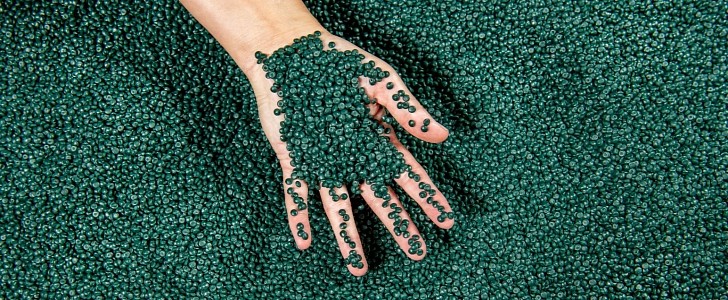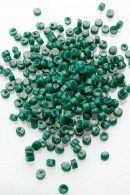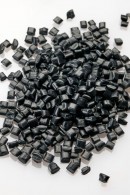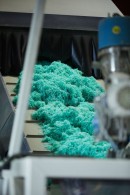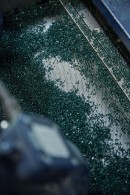Sustainability should be on everybody’s mind nowadays, especially since most of us can feel the effects of climate change and the deterioration of the environment. Most brands are trying to promote eco-friendliness in the automotive industry by focusing on EVs and recycled materials. Today we’re looking at how BMW will implement parts made from recycled fishing nets.
The models of the Neue Klasse due to be launched starting in 2025 will feature trim parts fabricated out of plastic, whose raw material has around 30% recycled fishing nets and ropes. Not only are they made from waste from the maritime industry, but the resulting components have a 25% lower carbon footprint when compared to their conventional plastic counterparts.
This form of recycling counteracts ocean pollution while also reducing the need for petroleum-based primary plastics.
The BMW iX and the new BMW X1 already use synthetic yarn made from recycled nylon for their floor mats. The material is known as Econyl, and it’s produced from discarded fishing nets, worn floor coverings, and residual waste from plastics production.
BMW Group also partnered with the Danish company Plastix, with the goal of taking maritime plastic recycling to the next level.
Plastic granules are produced from fishing nets and ropes through an innovative process. What’s groundbreaking about this process is the possibility of using recycled material in the injection molding process. Up until now, maritime plastic was used in the form of fibers for new vehicle components.
This development opens new opportunities for recycled plastic use in the automotive industry. The Neue Klasse models will use trim parts made using the injection molding process in visible and non-visible areas of its vehicles.
BMW Group has set a target of increasing the proportion of secondary materials in thermoplastics from 20% to an average of 40% by 2030.
This form of recycling counteracts ocean pollution while also reducing the need for petroleum-based primary plastics.
The BMW iX and the new BMW X1 already use synthetic yarn made from recycled nylon for their floor mats. The material is known as Econyl, and it’s produced from discarded fishing nets, worn floor coverings, and residual waste from plastics production.
BMW Group also partnered with the Danish company Plastix, with the goal of taking maritime plastic recycling to the next level.
Plastic granules are produced from fishing nets and ropes through an innovative process. What’s groundbreaking about this process is the possibility of using recycled material in the injection molding process. Up until now, maritime plastic was used in the form of fibers for new vehicle components.
This development opens new opportunities for recycled plastic use in the automotive industry. The Neue Klasse models will use trim parts made using the injection molding process in visible and non-visible areas of its vehicles.
BMW Group has set a target of increasing the proportion of secondary materials in thermoplastics from 20% to an average of 40% by 2030.
